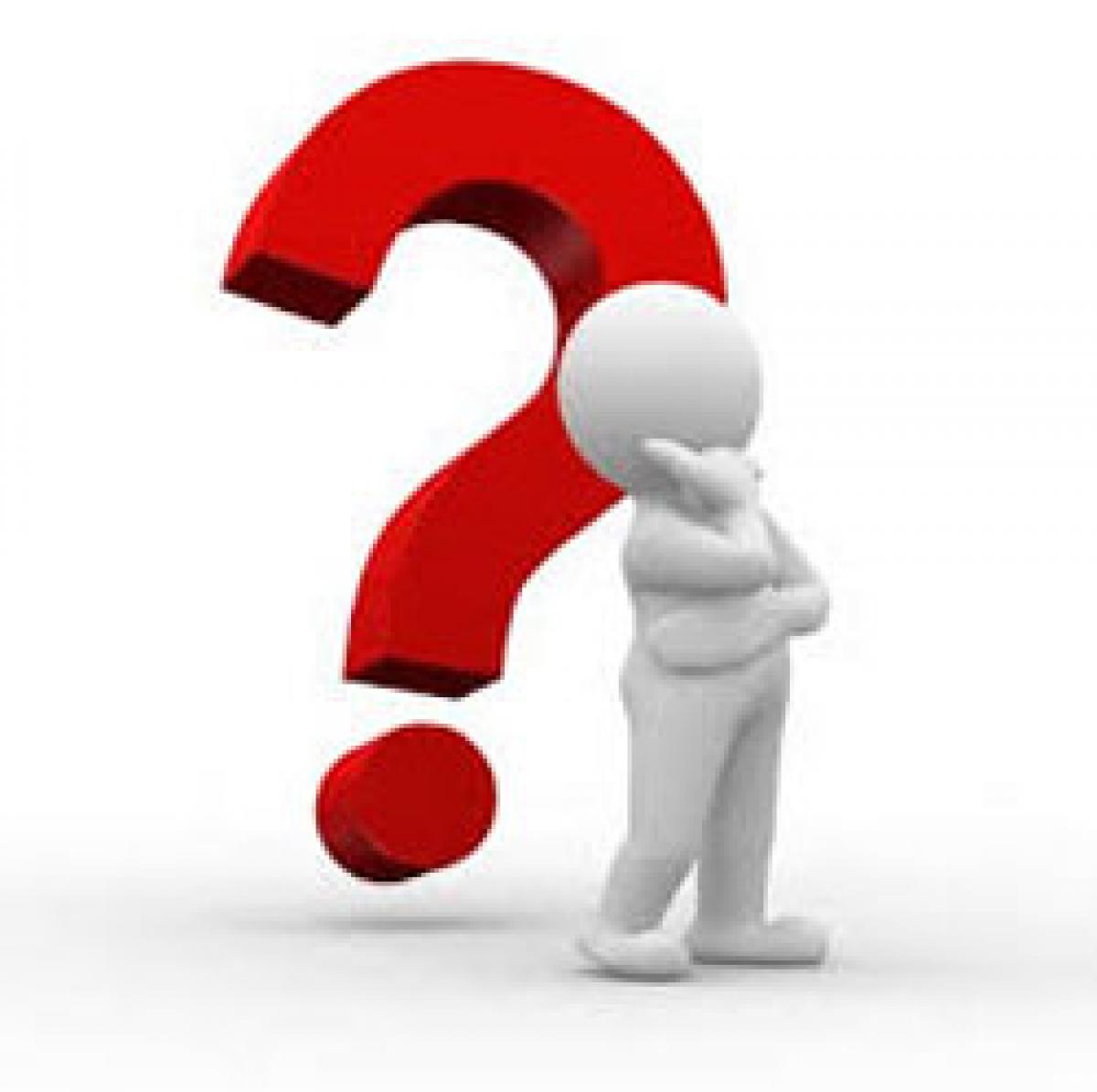Oh my word Infect, Inflect, Inflection, Inflexion

Inflexion is the variant of inflection, and it is chiefly used in British English. The verbs in English language can inflect such as ending with –ed or –ing. Inflect in grammatical sense refers to the ending of a word from to show its grammatical function in a sentence: She is loving her. She loved her. She loves her.
 Inflexion is the variant of inflection, and it is chiefly used in British English. The verbs in English language can inflect such as ending with –ed or –ing. Inflect in grammatical sense refers to the ending of a word from to show its grammatical function in a sentence: She is loving her. She loved her. She loves her.
Inflexion is the variant of inflection, and it is chiefly used in British English. The verbs in English language can inflect such as ending with –ed or –ing. Inflect in grammatical sense refers to the ending of a word from to show its grammatical function in a sentence: She is loving her. She loved her. She loves her.
Inflection or inflexion is a change in the form of a word in the form of adding a suffix (do, does; fox, foxes, miss, misses) to indicate the change in the grammatical function (conjugation is about the inflection of verbs, declension is about the inflection of nouns, pronouns, and adjectives; paradigm is about the systematic arrangement of the inflected forms of a word; pluralisatoin is about the act of pluralizing a word). Inflection refers to a change in the form of a word that reflects a change in grammatical function; characterized by variation or change in the form of a word to indicate the case, tense.
Inflectable is an adjective – such as a word that is inflectable; so if inflected (adjective) – deviating from straight line, in grammar changing the form of a word to reflect its function.
English is an inflected language (words change form when their function changes).
In botany inflected means bent inward, curved inward or downward.
Inflected voice is a voice that rises and falls while speaking (intonation, stress)
English language has words of inflection. Inflection means extra letter or letters added to nouns, verbs and adjectives in their different grammatical forms.
Nouns are inflected in the plural: country in its plural form is countries, so is nations for nation, peoples for people, knives for knife…
Inflected is an adjective, and in a grammatical sense it refers to a language having many inflected words. Latin is an inflected language, more inflected than English.
What is the third person singular of the verb do in the present tense?
What is the adverb form of polite?
What is the third person singular of the verb try in the present tense is tries (she tries hard to do her assigned tasks); the third person singular of the verb enjoy in the past simple tense is enjoyedthe third person singular of the verb buy in the present tense is buys; the superlative form of the adjective stupid is stupidest.
The comparative form of the adjective hot is hotter; the present participle of the verb end is ending, and third person verb is ends (she ends her day with a shower).
Kovuuri G Reddy









